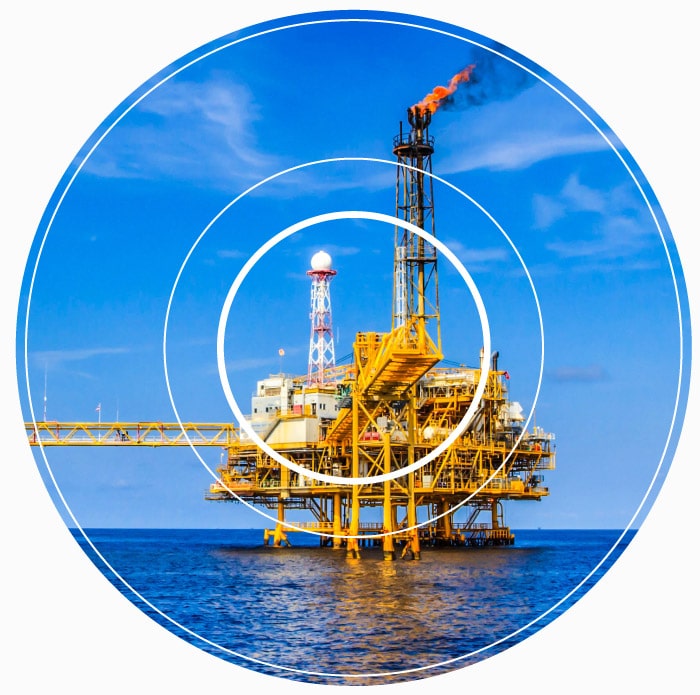Marine fuel testing for microbial contamination
In many of these cases, the fuel is on-specification and doesn’t have dangerous levels of contamination when it is uploaded. Microbial contamination can grow quickly in short time periods—so testing marine fuel yourself is very important.
Similarly in offshore applications there are many users of stored fuel where identification and control of microbial growth is critical at the earliest possible stage, whether that be for day tanks, backup power generators, cranes and the transportation that relies on stored fuel (diesel-powered life craft and helicopters).

Why marine fuel management is becoming more important
With less sulphur in fuels, it may become easier for microbial contaminants to grow and flourish, although this is not yet an established fact. These contaminants, often called diesel bug, or diesel fungus, can seriously affect fuel quality and cause costly damage to engines.
Diesel bug microbial contamination creates a slime called a biofilm or biomass that can induce several issues. If left for long periods without treatment, it can:
- Block filters
- Wear injectors
- Stop engines from working
- Induce corrosion, potentially resulting in tank leakage
FUELSTAT® offers rapid on-site testing with instant data management for all marine & offshore needs anywhere in globe. From sample to detailed Analysis Report in less than 15 minutes is a breakthrough in both speed to result and customer service not previously available on the marketplace at an extremely attractive cost.
Learn more about FUELSTAT®
See how FUELSTAT® can save you time and money by testing for marine fuel contamination early.